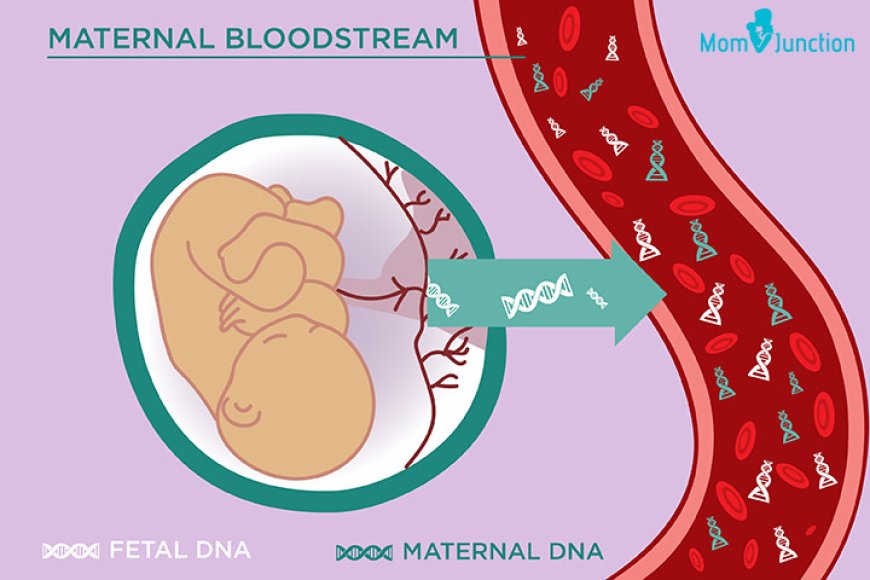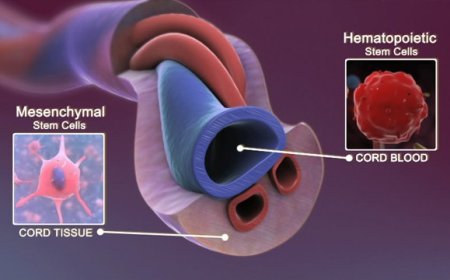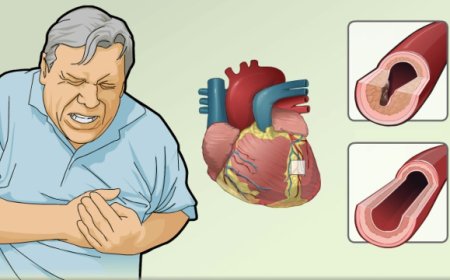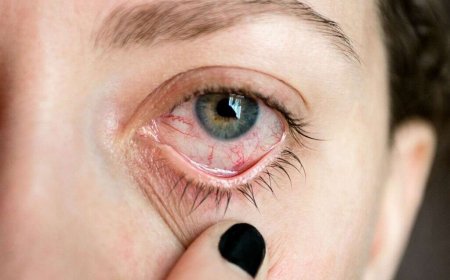Birth Defects Testing

Introduction:
In India, just like in any other country, all babies are born special and unique. However, some babies may have something called "birth defects" that can affect their bodies. Birth defects are problems that happen while the baby is growing inside the mother's womb. But don't worry! There are ways to detect and even prevent these problems to keep little hearts healthy.
What Are Birth Defects?
Birth defects are like little mistakes that can happen when a baby is forming in the mother's belly. These mistakes can affect how the baby's body looks or works. Sometimes, birth defects are noticeable right after the baby is born, and other times, they might show up later in life.
Signs and Symptoms:
The signs and symptoms of birth defects depend on the type of problem the baby has. Some babies might have physical differences, like having a cleft lip (a small opening in the lip) or an extra finger. Others might have problems with their organs, like the heart or the brain, which can affect how they grow and develop.
What Is Birth Defects Testing?
Birth defects testing is a way for doctors to check if a baby might have any problems before they are born or shortly after they are born. This testing is essential because it helps parents and doctors understand if there are any issues and plan for the baby's care in advance.
How Is Birth Defects Testing Classified?
Birth defects testing can be classified into two main types:
-
Prenatal Testing: This type of testing happens while the baby is still growing inside the mother's belly. Doctors can use special tools, like ultrasounds, to see pictures of the baby and check if everything is okay.
-
Postnatal Testing: This testing is done after the baby is born. Doctors may do some physical exams or use special tests to check for any birth defects.
Causes and Triggers:
Birth defects can happen for different reasons. Sometimes, it's because of genes passed down from parents, while other times, it's due to something that happened during pregnancy. For example, if a pregnant woman smokes, drinks alcohol, or takes certain medicines, it can increase the chance of birth defects.
Risk Factors with Examples:
Certain things can increase the chance of having a baby with birth defects. Some examples include:
-
Family History: If parents or close relatives had babies with birth defects, there might be a higher risk for the new baby.
-
Age: Mothers who are older or younger than the ideal age for having babies might have a slightly higher risk of birth defects.
-
Lifestyle Choices: If a pregnant woman smokes, drinks alcohol, or doesn't eat healthy food, it can affect the baby's development.
Types of Birth Defects Testing:
There are different types of birth defects testing, and each one helps doctors learn more about the baby's health. Some of the common tests are:
-
Ultrasound: This is a painless test that uses sound waves to create pictures of the baby inside the womb. It helps check for physical problems.
-
Blood Tests: These tests are done on the mother's blood to check for any signs of birth defects or potential problems.
-
Amniocentesis: This test involves taking a small sample of the amniotic fluid around the baby to check for any genetic or chromosomal issues.
-
Magnetic Resonance Imaging (MRI): This is a special kind of scan that gives detailed pictures of the baby's organs and can help detect any problems.
-
Physical Exams: After the baby is born, the doctor will carefully examine the baby to check for any physical differences or issues.
Diagnostic Tests and Treatments:
Once the doctor finds out if the baby has a birth defect, they will plan the right treatment. Some birth defects may need surgery, special medicines, or therapies to help the baby grow and develop well.
Complications of Birth Defects Testing:
Most birth defects testing is safe and does not cause complications. However, sometimes there might be a small risk of infection or discomfort during the tests. It's always essential for the doctor to explain all the risks and benefits to the parents before doing any testing.
Prevention Techniques:
Preventing birth defects starts even before pregnancy. Moms-to-be should take care of their bodies by eating healthy, avoiding smoking and alcohol, and taking prenatal vitamins. Regular check-ups with the doctor during pregnancy are essential to catch any potential problems early on.
Birth defects testing is an essential part of keeping little hearts healthy in India. With the help of prenatal and postnatal testing, doctors can detect any potential issues and provide the right care for babies with birth defects. Remember, every baby is special and unique, and with the right love and care, they can lead happy and healthy lives. So, let's take care of ourselves and our little ones from the very beginning!
What's Your Reaction?
 Like
0
Like
0
 Dislike
0
Dislike
0
 Love
0
Love
0
 Funny
0
Funny
0
 Angry
0
Angry
0
 Sad
0
Sad
0
 Wow
0
Wow
0






































































